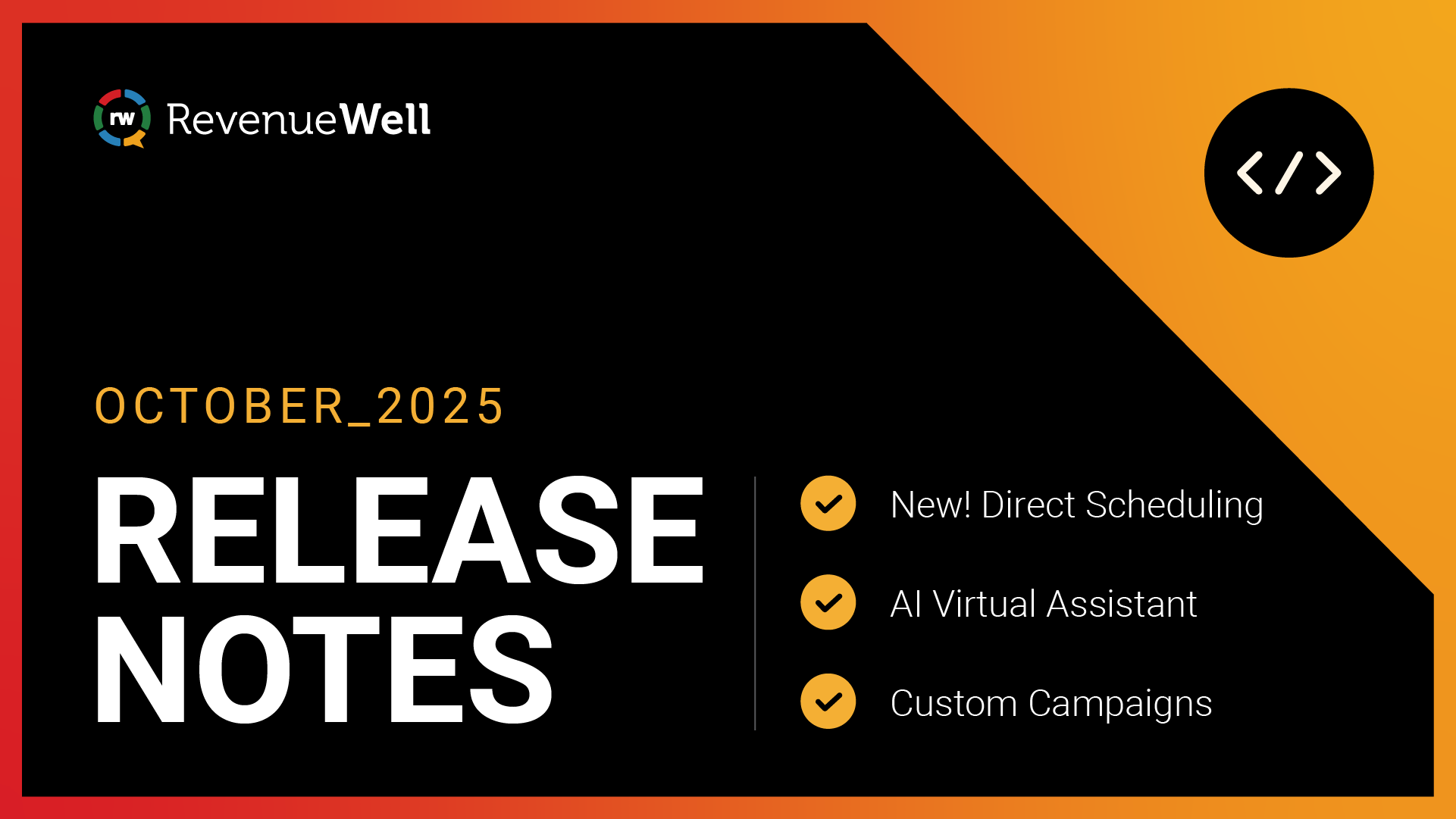Marketing Your Dental Practice Based on Location: Metro vs. Rural Strategies

When it comes to marketing a dental practice, location is a key factor that shapes everything from budget allocation to the language used in advertisements. A dental office in a bustling metro area will face different challenges and opportunities than one in a rural community. Understanding these distinctions can help practices target their messaging and make the most of their marketing budget. Let’s dive into how location influences your dental marketing strategy.
1. Budget Considerations: Allocating Funds Effectively
Metro Practices: Higher Competition, Larger Budgets
Dental practices typically need to compete with more providers in densely populated metro areas. This increased competition often drives up the costs for digital marketing, particularly for paid advertising like Google Ads or Facebook Ads, where Cost-Per-Click (CPC) rates can be high. Practices in metro areas should consider allocating a larger budget toward:
Search Engine Optimization (SEO): To stay at the top of search results in a crowded field.
Social Media Advertising: Larger audiences allow for refined targeting by demographics, interest, and behavior, which can help build visibility.
Reputation Management: With a larger patient base to review and refer, having a dedicated budget for reputation management software or services can help keep reviews positive and current.
Rural Practices: More Targeted, Cost-Efficient Budgets
Rural dental practices generally face less competition, allowing them to spread their marketing dollars further. Costs for Google Ads, for example, are often lower, and advertising can be more focused. However, rural practices must be mindful of where their marketing dollars go since fewer people are available in the surrounding areas. Budget considerations for rural practices should focus on:
Local SEO: Because rural areas have fewer practices, local SEO can help dominate search results within a wide geographic area without a huge spend.
Community Involvement: Advertising at local events or sponsoring school activities can be a cost-effective way to build brand awareness and trust.
Email and SMS Marketing: Direct communication through email or text message marketing can work well in small communities where patients are already familiar with the practice.
2. Language and Messaging: Speaking to Your Audience
Metro Practices: Focus on Convenience, Expertise, and Services
In metro areas, dental practices may benefit from messaging that highlights convenience, availability, and specific services. Patients in these areas are often busy, and they may prioritize practices that offer flexible hours, online scheduling, or specialized services. Effective messaging could emphasize:
Convenience: “Same-day appointments and flexible hours to fit your schedule.”
Specialization: Highlighting services you offer that have high search volume in your area, such as cosmetic dentistry, orthodontics, or implants.
Reputation and Expertise: Patients often look for a trusted name or experience. Words like “top-rated,” “trusted,” or “expert” can appeal to these audiences.
Rural Practices: Emphasize Community, Relationships, and Trust
Rural patients often place a high value on familiarity and trust, so practices in these areas should reflect that in their language. Messaging that connects with the local community and builds relationships tends to resonate well. For rural practices, consider language that focuses on:
Community Connection: “Your friendly, local dentist serving [town’s name] for over [number] years.”
Trustworthiness and Personalized Care: Using phrases like “family-focused,” “patient-first,” or “here for you.”
Affordability: Cost can be a key factor, so language around accessible or affordable care can be appealing. If your practice offers it, you could mention third-party financing and dental membership plan options being available for patients who may not have dental insurance.
3. Digital Marketing Tactics: What Works Best in Metro vs. Rural Settings
Metro Practices: Comprehensive Digital Strategy with a Focus on Visibility
In metro areas, competition for attention is high, so practices should consider a range of tactics to stay top-of-mind with potential patients:
Paid Search Ads: Paid search ads can help you rise to the top in competitive searches.
Social Media Presence: With over 239 million Americans on social media, an active social media profile is essential, especially on platforms like Instagram and Facebook, where metro patients often spend time. Engaging content, educational posts, and patient testimonials can work well here.
Online Reviews: Patients in metro areas may place more emphasis on reviews, so it’s essential to ask satisfied patients to leave positive reviews and manage responses to any feedback promptly.
Rural Practices: Focused Digital Marketing with Community Integration
In rural settings, where competition is lower, digital marketing strategies can be more focused and integrated with community-based marketing efforts:
Local SEO and Google My Business: Ensure your Google My Business profile is fully optimized with accurate information, photos, and regular updates. This can help you appear prominently in local search results.
Email Marketing: With a smaller pool of potential patients, email marketing can be highly effective, especially for sending reminders, newsletters, or special offers to the existing patient base.
Educational Content: Providing educational blog posts or short social media videos can help engage local patients and show your expertise, which builds trust.
Tailoring Your Marketing to Fit Your Practice’s Location
Every dental practice has unique needs, and adjusting your marketing efforts based on location can make a big difference in attracting and retaining patients. Metro practices may need to allocate more budget to visibility-focused efforts, use convenience-oriented language, and employ a broader digital strategy. Meanwhile, rural practices may benefit from a community-focused approach with a budget that emphasizes local SEO, community involvement, and trust-building language.
With a well-thought-out approach based on location, your practice can attract the right patients while making the best use of your marketing dollars. Whether you’re in the city or the countryside, a targeted, location-based strategy will set your dental practice up for long-term growth and success.
To schedule a consultation with our team of dental digital marketing experts, click here.



